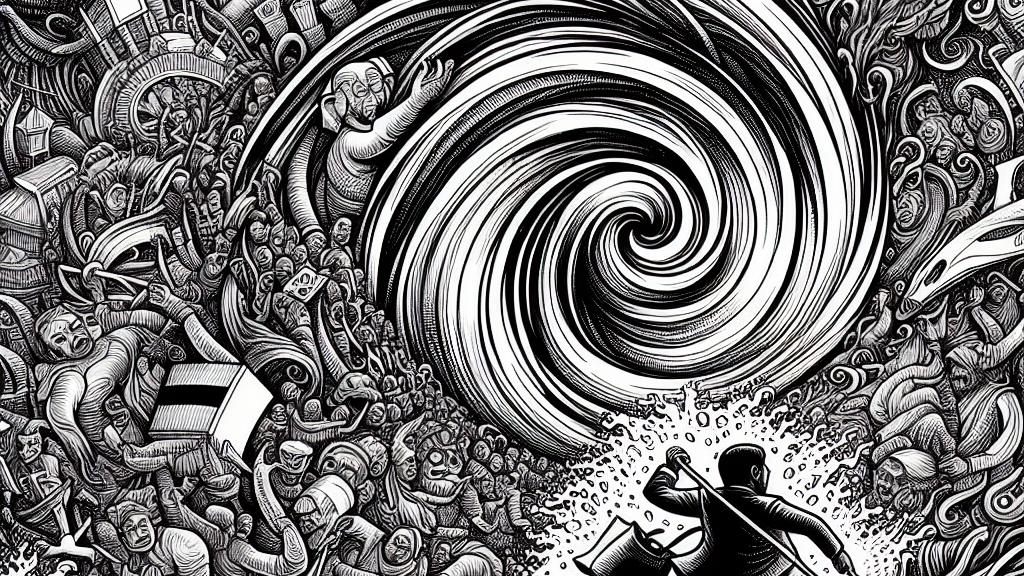Sri Lanka's President Moves Toward Snap Elections Amid Economic Crisis
Overview
- President Anura Kumara Dissanayake dissolves parliament, signaling a fresh election on November 14.
- The upcoming elections are pivotal for securing a new mandate to enact critical economic reforms.
- Sri Lanka is enduring a profound financial crisis, exacerbated by austerity measures linked to an IMF bailout.

Context of the Political Landscape
In a bold and strategic move that has captured national attention, Sri Lanka's newly elected President Anura Kumara Dissanayake announced the dissolution of parliament on September 24, 2024. This pivotal decision clears the path for snap elections set for November 14. Dissanayake, leading the National People's Power, finds himself in a unique position, having assumed office amidst a climate ripe for change following the August 2020 election, which was widely viewed as ineffective in truly representing the people's will. By opting for new elections, he aims to rally support for his ambitious plans to reform the government and address the pressing issues facing the nation—a critical step in navigating the turbulence that has characterized recent Sri Lankan politics.
Understanding the Economic Crisis
Sri Lanka's current economic climate is fraught with difficulties, as the country grapples with a dire financial crisis that has plunged many citizens into hardship. Basic necessities like fuel, food, and medicine are increasingly scarce, leaving the populace anxious about daily survival. The austerity measures related to a substantial $2.9 billion IMF bailout have only fueled public discontent. Dissanayake has rhetorically committed to expanding welfare schemes while also proposing tax cuts aimed at revitalizing the economy. However, his strategy raises critical questions among investors and economic analysts about the sustainability of such moves—especially concerning potential renegotiations of bailout terms. These decisions are actions of critical import, as they could significantly influence the success of the vital $25 billion debt restructuring necessary for stabilizing the economy. It is indeed a tightrope walk, where the balance between growth strategies and fiscal prudence feels ever precarious.
Public Desire for Transformation
The fervor for change among the Sri Lankan populace is not just palpable; it’s electric. Following the dramatic scenes of protests that led to former President Gotabaya Rajapaksa's ouster in 2022, a wave of hope and expectation surged through the nation. Dissanayake, standing at the center of this change, seeks to galvanize support from the working class and advocate for those most affected by economic mismanagement. However, the burden on his shoulders is immense; he must not only secure votes but also demonstrate a capacity to turn the public's aspirations into actionable results. As the elections approach, the stakes are incredibly high—these are not mere ballots; they represent a chance for a fresh start and a renewed commitment to the nation’s recovery. In this decisive moment in Sri Lankan history, every decision taken in the coming weeks will have lasting ramifications, underscoring the monumental importance of unity and clear vision for the future.

Loading...